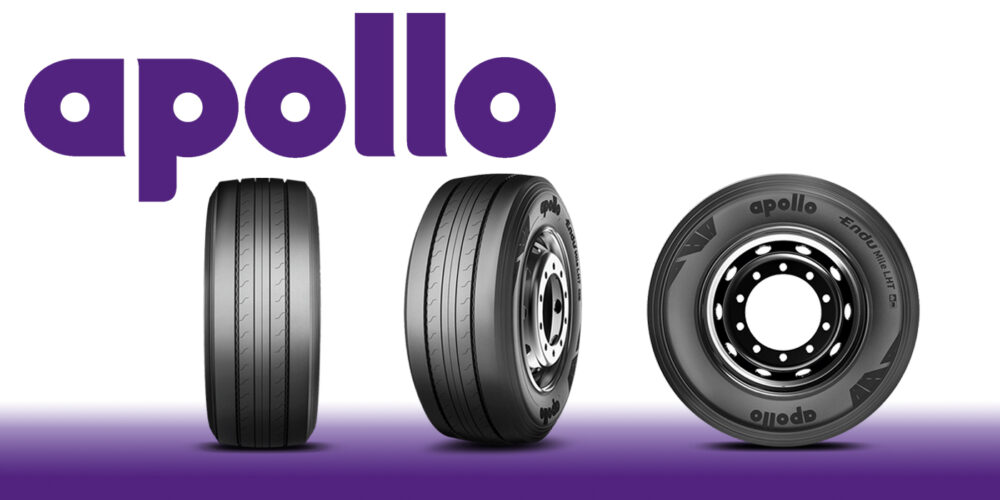This month, I’ll further explain how I developed last month’s perspective on fleet fuel selection.
Diesel fuel is my choice when it comes to maximizing fuel economy, because it is so energy efficient. No other hydrocarbon packs so much energy in so little space, and improved fuel economy significantly reduces crude oil imports.
Energy forecasters have stated, “We’ve reached the point of peak oil—The world is ending!” The first part of that statement is only partially true. You can debate whether the world reached peak oil production in 2006 or if it will occur soon, but peak oil production doesn’t really mean all oil production. We have reached peak “cheap” oil production, but new crude reserves are being discovered daily. There are new finds in Africa, the North Seas, off the coast of Brazil, and even off the eastern coast of the United States. However, these new oil reserves can only be exploited by using expensive technologies such as deep water and horizontal drilling. We will have sufficient crude reserves to last my lifetime, and perhaps even yours, but the cost of diesel fuel will steadily increase due to increasing exploration and production (E&P) costs.
The EPA’s recent emphasis on truck fuel economy will significantly reduce crude oil imports in a few years, as will allowing offshore drilling in the Gulf of Mexico. Soon legislators will vote on the Keystone XL pipeline to carry crude oil from Northern refineries to the Gulf of Mexico, which will reduce transportation costs significantly. Congressional leaders are now talking about allowing drilling in the Atlantic off the coast of Virginia. Four billion barrels of crude and 37 trillion cubic feet of natural gas are said to be located beneath Middle and South Atlantic waters.
Industry experts estimate there will be 2,000 rigs drilling for oil across the U.S. in 2012—that’s a 300 rig increase over 2010. Since it takes considerable time to get the necessary permits to begin drilling, expect increases in the number of oil rigs for the next decade. Coupled with reduced demand, increased U.S. production will significantly reduce our dependence on the Middle East.
Why am I so positive about the various forms of natural gas as an alternate fuel? First, I cannot advocate the use of any alternate fuel that competes with our food supply. With the devaluation of the U.S. dollar, we will observe enough inflation without interfering with basic necessities.
Other alternate fuels have shown promise, but they can’t be cost-competitive at this time without government subsidies. What if current concern over our ballooning debt causes legislators to halt those subsidies? I favor long-term development of all types of alternate fuels, but they should not be commercialized until they can be truly cost-competitive.
I favor gaseous forms of energy because they are clean-burning; we know a lot about using them; and at least part of the infrastructure needed to bring them to market is already in place. Big Oil can really get behind gaseous fuels and make them cost competitive because they already have much of the infrastructure needed for commercialization. Oil marketers have looked at every alternate fuel out there, but they invest most heavily in gaseous fuels.
Shell recently reached an agreement with Westport Innovations to develop natural gas fueling systems. Conoco Phillips recently purchased Burlington Resources Oil and Gas Co. (BROG), which develops natural gas reserves in the San Juan Basin. Chevron has contracts in place to purchase gas from BROG. Even the Chinese have invested in U.S. gas suppliers such as Chesapeake Energy. I think we can figure out where this is headed, and Big Oil will develop gaseous and LNG fuels much more efficiently than government-selected contractors will.













